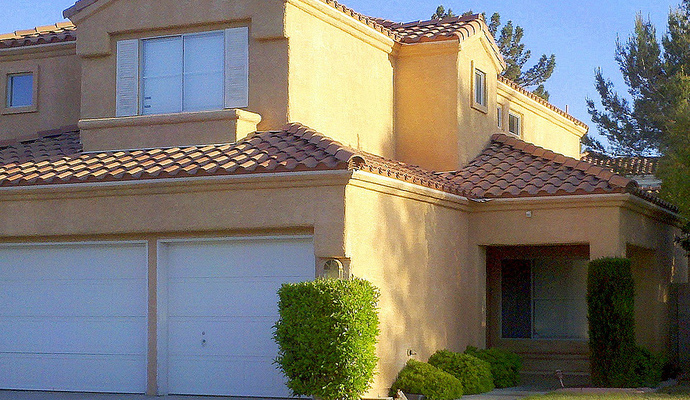The Real Estate Market in Las Vegas is on a Roll
The real estate market in Las Vegas is triple-digits hot! Compared to last year, the median price for a single-family home in the Las Vegas Valley is up 32.8 percent, and the median price for condominiums and townhomes is up 43.5 percent.
The real estate market in Las Vegas is not just warming up; it is hot! Data from the Greater Las Vegas Association of Realtors (GLVAR) shows that, compared to last year, the median price for a single-family home in the Las Vegas Valley is up 32.8 percent, and the median price for condominiums and townhomes is up 43.5 percent.
Nevada State Assembly Bill 284
One reason for the resurgence of the real estate market in Las Vegas is the age-old concept of supply and demand. Changes in Nevada foreclosure laws under Nevada State Assembly Bill 284 took effect in October 2011. The changes require that lenders produce clear title and other documentation before foreclosing. These new demands on lienholders make foreclosing more difficult and in some cases almost impossible, which has resulted in a marked slowdown in foreclosure activity compared to the period preceding the new legal mandates. The result was fewer homes on the market for buyers eager to snap up properties which, even at their significantly appreciated values, still offered attractive pricing compared to that of the 2006 market pinnacle. In view of today’s historically low interest rates, you could not pick a better time to get in on this Las Vegas action not to be found at any gaming table.
Cash is King
Even before the foreclosure law revisions, another key element that affected the real estate market in Las Vegas was an influx of investors — cash investors, to be precise. After the boom, all the properties available at bargain pricing certainly did not escape the attention of sharp-eyed individuals and investment groups. According to DQNews, cash buyers accounted for over 50 percent of sales in April 2013. This cash-driven commerce began overshadowing the role of property appraisal in the real estate process. Whereas a bank-financed transaction is largely dependent on an appraised property value that meets the loan-to-value (LTV) ratio criteria of the lender, a cash purchase eliminates the need for adherence to appraisal boundaries. This raises the ceiling on what a buyer can pay and what a seller can ask for a particular property.
The Heat is On
In the Las Vegas real estate market, diminishing inventory and the blurred line between appraised and salable value are fostering a tendency to engage in bidding wars. These bidding wars have turned up the temperature in real estate offices all over town and have kept the real estate market in Las Vegas on a roll!
[cf]skyword_tracking_tag[/cf]




